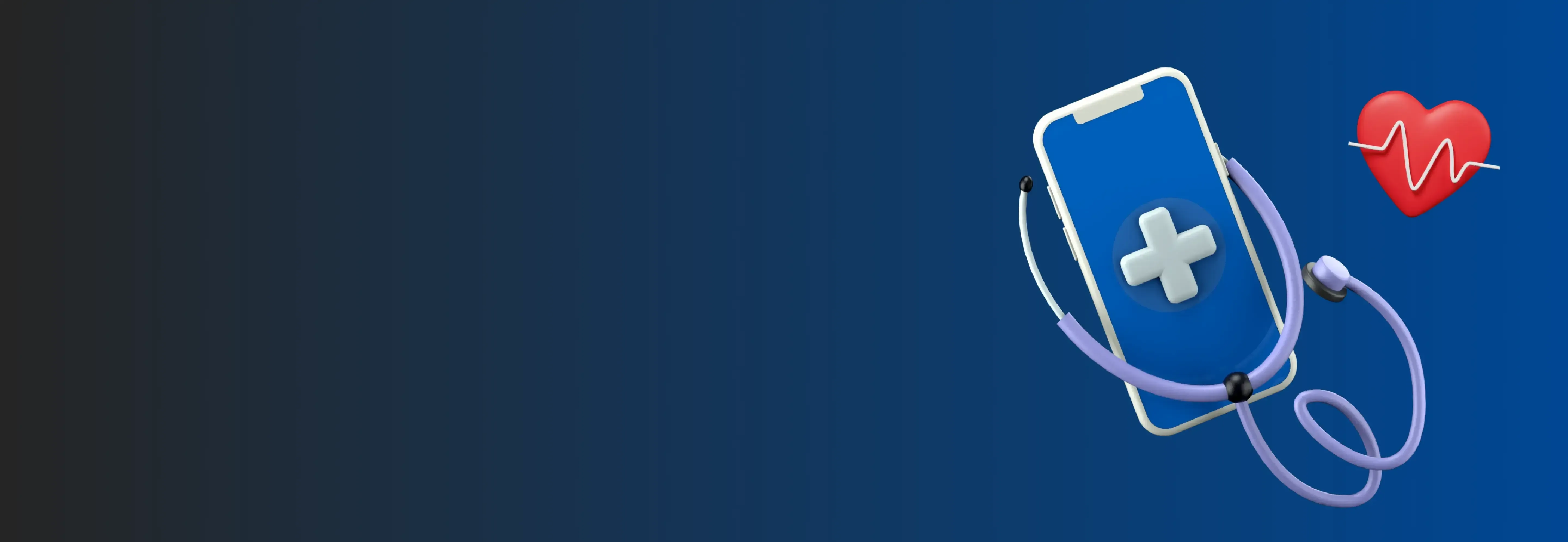
Healthcare software: It’s hip to stay well with innovations
What could possibly hold more value than our own well-being? Take a moment to consider – the answer is resounding: nothing. The allure of good health has always captivated us, and its significance only grows. Yet, the present era has unmasked a pressing truth – our healthcare industry’s struggle to cope with modern challenges. Enter custom healthcare software solutions – a swift evolution that has revolutionized an entire sector, untangling intricate operations and treatment pathways. The realm of healthtech applications consistently expands, a testament to exceptional technology experts furnishing a plethora of IT services to our most critical industry, including analytics, business intelligence, and HIPAA compliant solutions.
Within the confines of this article, we unveil an array of healthcare software solutions, delving into their profound influence on bolstering patient care and propelling specialized services forward.
Electronic Health Records (EHR) systems: Keeping track of being alive and kicking
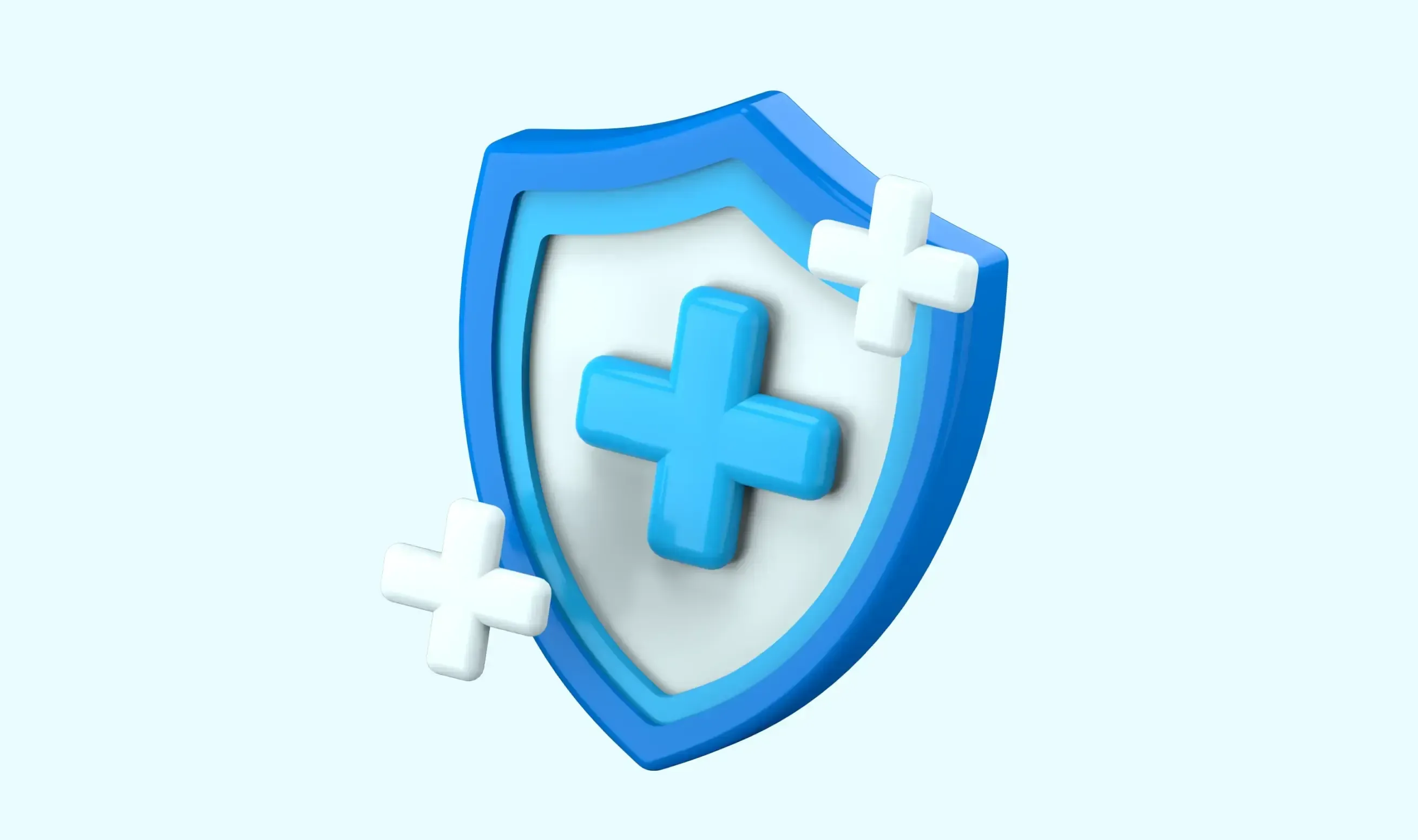
The most basic operation conducted in all healthcare institutions no matter the size or specialty is managing and keeping track of patient data consolidated in medical charts. EHR systems emerged as a revolutionizing healthcare technology, containing a multitude of tools for storing and utilizing these medical records, providing free access and effortless exchange of digital medical charts between different physicians. Now let’s define the key advantages of utilizing EHR systems for healthcare institutions and the outcomes to which they can lead to:
- Improved data accuracy: In some specific cases, a patient’s medical records can be exposed to theft, damage, or complete alteration. But these were the troubles of paper versions. EHR systems are used for storing all relevant data concerning patients in a digital form, which is more secure and efficient. They also provide physicians with constant updates regarding any changes happening in specific medical charts. Furthermore, bid farewell to the enigmatic hieroglyphs that passed for a doctor's handwriting – a true source of tranquility for all involved.
- Better quality of care: With quick access to patient records, the overall efficiency of conducted operations will only increase. It’s also worth mentioning that implementing EHR systems is beneficial for both patients and service providers. On the care provider’s side, utilizing medical analytics can help them recognize specific patterns and, in turn, make more accurate predictions concerning diagnosis. On the patient’s side, they have access to patient portals with all necessary clinical history, such as lab results, medications, and diagnoses. We will get a closer look at those portals later as we progress through the article.
- Tailored experience: We all know that each medical practice requires a unique approach to find effective treatment. EHR systems are highly customizable to perfectly match the needs of distinct treatment providers. Moreover, an EHR package that can be tailored to fit a practice’s workflow makes the transition to a new system virtually seamless.
In addition, healthtech development experts continue to create and deploy fresh healthcare software solutions, highly tailored to the specific needs of a given medical institution. Let’s have a look at the most prominent ones:
- PracticeFusion: A promising initiation point for independent practices to venture into the realm of healthcare software. The application extends an inviting 14-day trial and unveils thoughtfully priced plans that await exploration.
- Athenahealth: A favored pathway for large healthcare institutions. It provides highly intuitive workflows with an easy-to-use interface.
- KareoClinical: Crafted with a focus on small-scale practices and streamlined medical billing. It comes with a convenient dashboard and seamless user experience for a lesser amount of conducted operations. However, for those who seek solutions as unique as their endeavors, the allure of customized options beckons, promising a world of untapped potential.
Telemedicine and remote patient controlling: Watching your back

Amidst other software booms in the healthcare industry, telemedicine and RPC (remote procedure call) technologies occupy a distinct niche of healthcare technology solutions. These systems provide practitioners with convenient means of scheduling appointments and better assessing current clinical conditions. Additionally, they offer patients the long-awaited reprieve from enduring endless queues while being sick.
This concern is particularly pronounced in rural areas where access to specialized treatment or proper clinical assessment is more challenging compared to urban regions. Consequently, it aids in curbing the expenditure associated with potentially lengthy journeys to the nearest healthcare facility. With rapid advancements made by healthcare software developers in telehealth technologies, rural telemedicine emerges as an effective approach to maintaining constant communication with patients and offering valuable consultations in the comfort of their own homes.
Now let’s delve into the advantages of implementing RPC systems for both practitioners and patients:
- Enhanced assessment: Certain factors contributing to illnesses often remain unseen by practitioners. However, when patients are in the familiar environment of their homes, there’s a chance for healthcare professionals to gain a clearer understanding of situations, like allergies or mental health issues.
- Chronic conditions management: RPC systems equip patients with a toolkit to enhance engagement and streamline the monitoring of entire treatment courses. This capacity aids in devising novel strategies for improved care.
- Control of infectious illnesses: The ability to prescreen patients helps practitioners operate within germ-free zones, promoting safety. It also safeguards patients from contracting additional infections and steering clear of further complications.
- Following compliances: Keeping patients hearty and hale is one thing, but securing their health information is another. By following HIPPA compliances outlining the lawful use and disclosure of this data, there are no possible ways for medical records to be in the wrong place.
Healthcare mobile applications: Checking medical records anytime
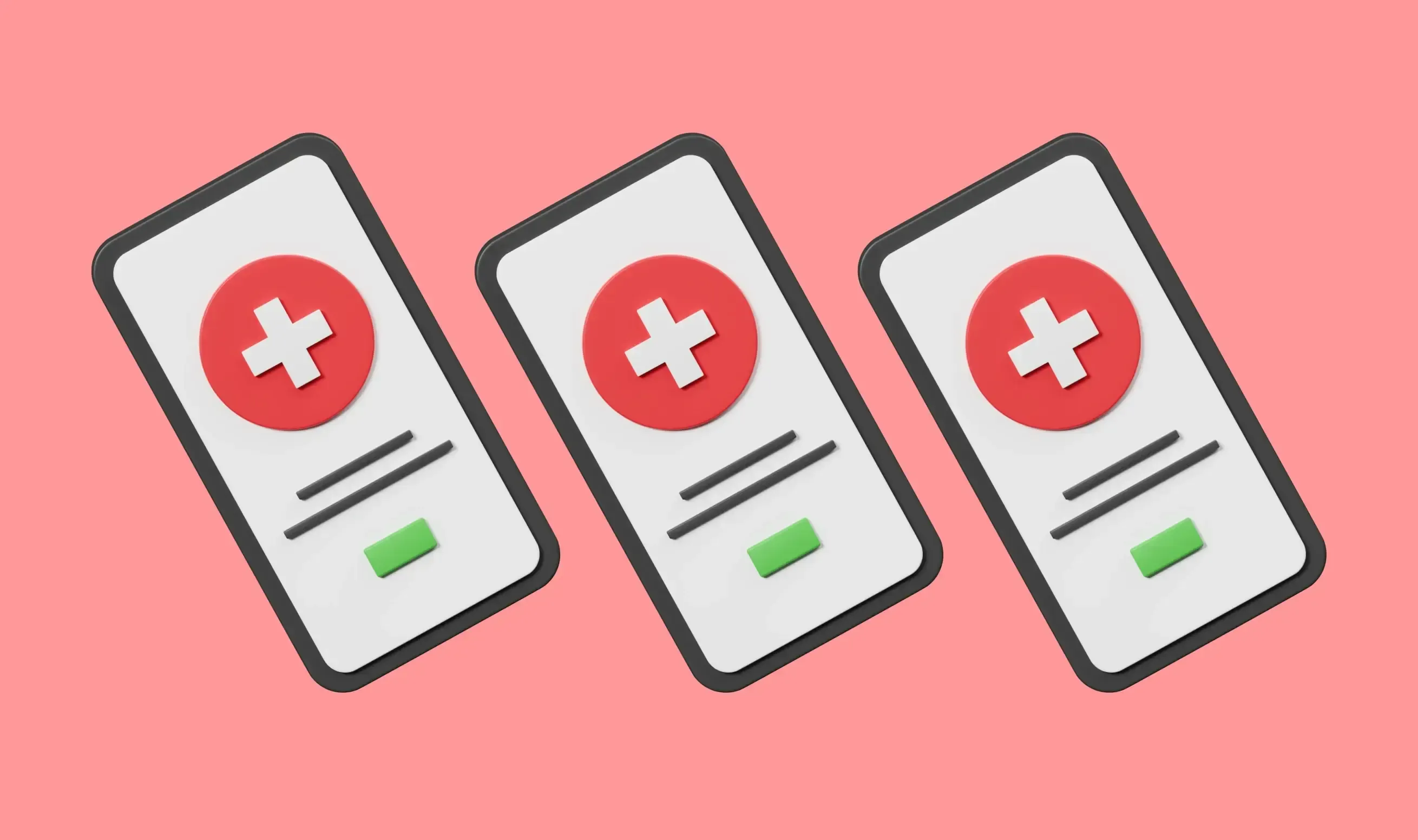
The healthcare industry is currently witnessing a significant surge in mobile applications. The reason for this surge lies in the inherent potential of these applications – they serve as the ultimate platforms for enhancing patient engagement by providing convenient ways for self-care. Healthcare applications developers understand the potential for broadening the scope of the medical industry and harness the potency of mobile platforms. Moreover, the offer benefits to providers who can remotely monitor patients through health mobile apps and adjust treatment plans as needed with healthcare IT services. Different types of healthcare software can be incorporated into mobile applications to further elevate expertise. Each has its unique objectives and functionalities:
- Fitness and wellness apps: They monitor physical activity and meticulously track patients’ diet, contributing to stress management and overall well-being.
- Medication management apps: Designed to help users keep precise tabs on their medications, including dosages, schedules, and potential interactions, these apps significantly improve medication adherence.
- Mental health apps: Their functionality lies in supporting the treatment of mental health conditions, such as depression, anxiety, or addictions through a range of interventions tailored to individual needs.
Artificial intelligence in diagnostics: Enhancing accuracy and speeding up
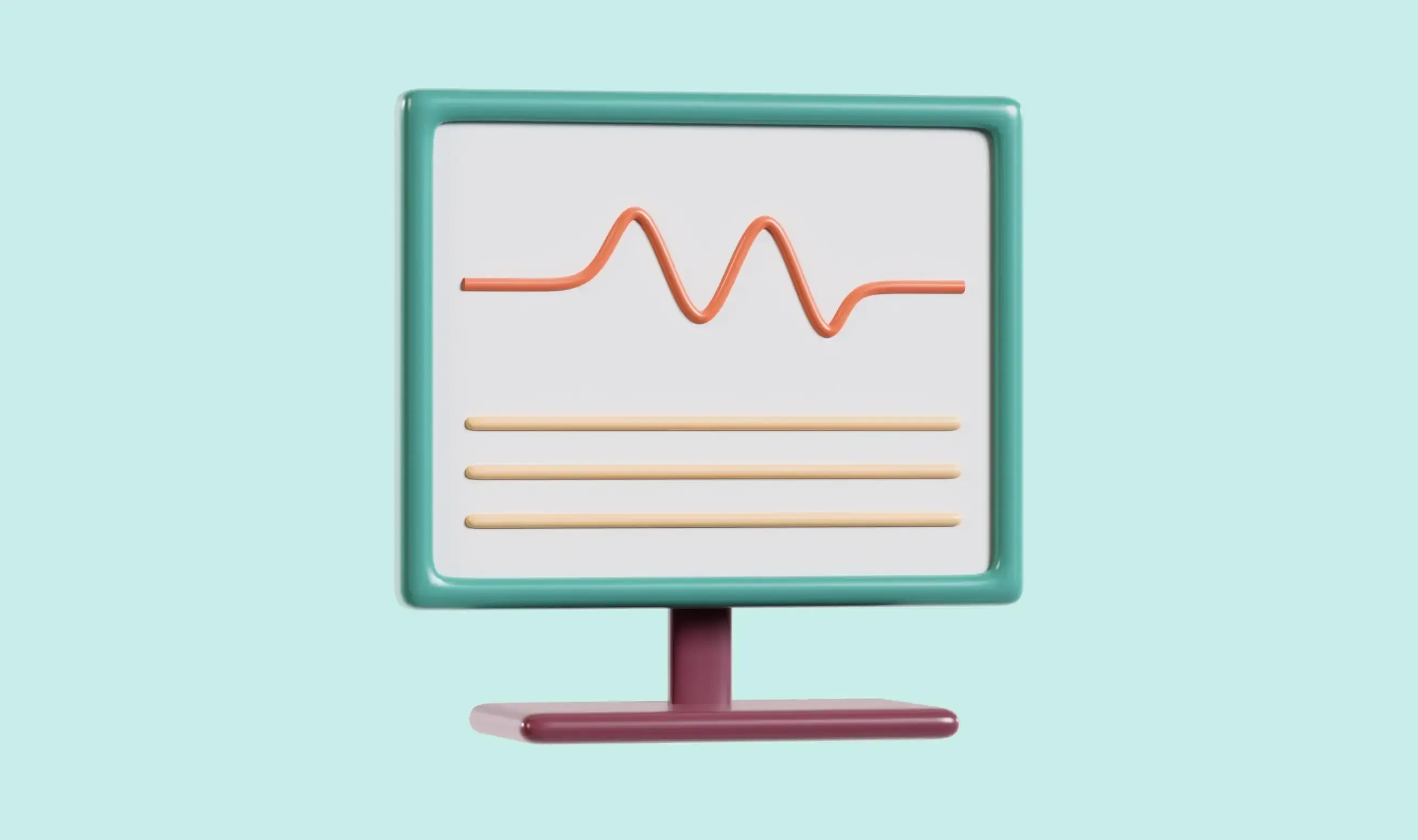
While the complete potential of AI is still unfolding, its undeniable benefits for the healthcare industry have already come to light. Developing specific algorithms for AI in healthcare institutions opens up a realm of new possibilities for enhanced diagnostics, including comprehensive medical image analysis and pattern recognition. All these processes being manually operated demand intense concentration and attention to the most minor details – challenges that practitioners often grapple with. As healthcare software developers launch the AI implementation, these operations might get a new boost in both speed and accuracy, equipping practitioners to uncover those subtle details that often dictate subsequent courses of action.
A key concern surrounding implementation in the healthcare industry is a lack of trust in its algorithms. Unlike some instances of AI deployment in other industries where room for errors and future improvements exists, the stakes in the healthcare realm are unparalleled. Each involved process must be executed flawlessly, as there will be no room for mistakes.
It’s also important to highlight the alignment of AI with fundamental principles of the healthcare industry, such as autonomy, confidentiality, fidelity, beneficence, and justice. From that point, only time will provide the complete narrative.
Patient portals: Empowering connections between care and knowledge
As promised, let’s take a deeper plunge into the realm of patient portals and uncover the treasures they hold. In a nutshell, a patient portal stands as a secure online website or application, accessible via desktop, laptop, or mobile devices. Its purpose? To grant patients access to personal medical information and updates furnished by their healthcare providers. This connection between patients and healthcare providers warrants our keen attention. Patient portals equip practitioners with more comprehensive patient data, a resource that holds immense value. For the patients themselves, the seamless access to their lab results, timely updates from providers, and conveniently scheduled medications enrich the user experience and amplify their engagement in treatment processes. As engagement takes root, certain patients will naturally develop inquiries about specific phenomena or illnesses afflicting them. This heightened self-awareness, combined with a more conscientious approach to their responsibilities, contributes to the refinement of treatment quality and bolsters adherence to prescribed medication regimens.
Healthcare management systems: Navigating business needs
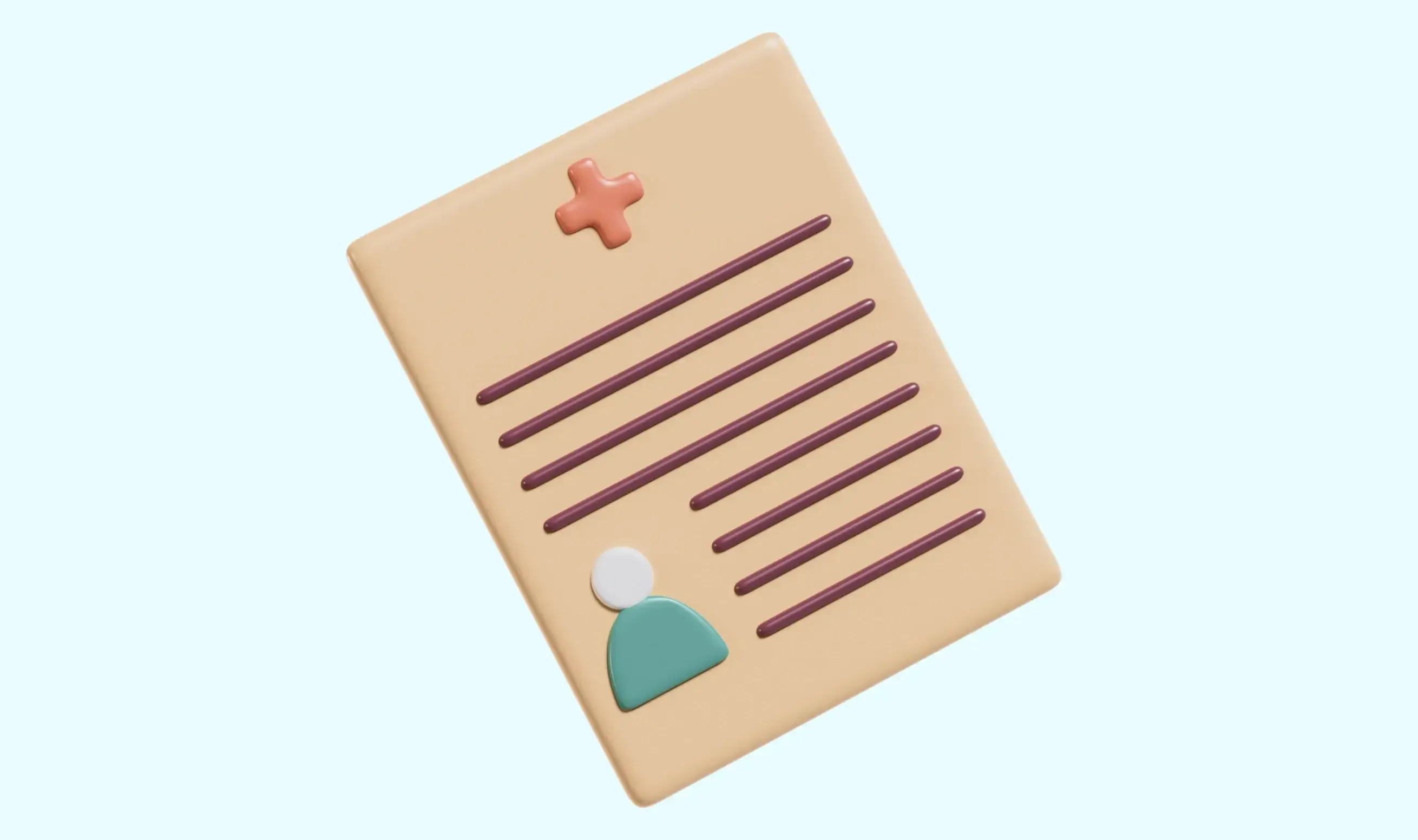
While the primary objective of all healthcare organizations is to ensure the well-being of their patients, there are additional internal processes that demand attention. Much like any other business, a range of fundamental aspects must be considered, whether for small-scale operations or large-scale enterprises. That’s when the healthcare management systems come in handy, offering a vast variety of functions that effectively streamline administrative tasks:
- Pharmacy and inventory management: Keeping track of medication inventory, managing prescriptions, automating stock replenishment, and streamlining pharmacy operations.
- Billing and financial management: Automating billing processes, encompassing invoicing, insurance claims processing, and payment tracking to optimize revenue cycles and increase overall financial efficiency.
- Registration and admissions: Streamlining the registration and admission procedures, capturing and securely storing patient information, and assigning unique identifiers for effortless identification and tracking.
- RHuman resources management: Efficiently managing employees, spanning recruitment, scheduling, performance evaluation, and training.
As is evident, the advantages of healthcare management systems stem from opportunities they offer for automation and alleviation of administrative burdens.
Healthcare decision support system: Where professionals have standards
Believe it or not, decision-making in the healthcare realm isn’t just a sideshow; it’s the main act for most seasoned practitioners. They must meld acquired patient data with their clinical expertise to formulate the most effective treatment strategy. Enter the clinical decision support system (CDSS), designed to enhance healthcare delivery by infusing medical decisions with targeted clinical knowledge. The CDSS developers? They are steadfastly expanding the spectrum of treatment approaches while refining existing methods for addressing specific illnesses. These systems can materialize as computerized alerts and reminders, computerized guidelines, order sets, patient data reports, documentation templates, and clinical workflow tools. The integration DSS into the current iteration of healthcare applications yields a twofold benefit: enhanced decision-making and a subsequent improvement in the accuracy of diagnostics, alongside increased efficiency in applied treatment approaches.
Wrapping up
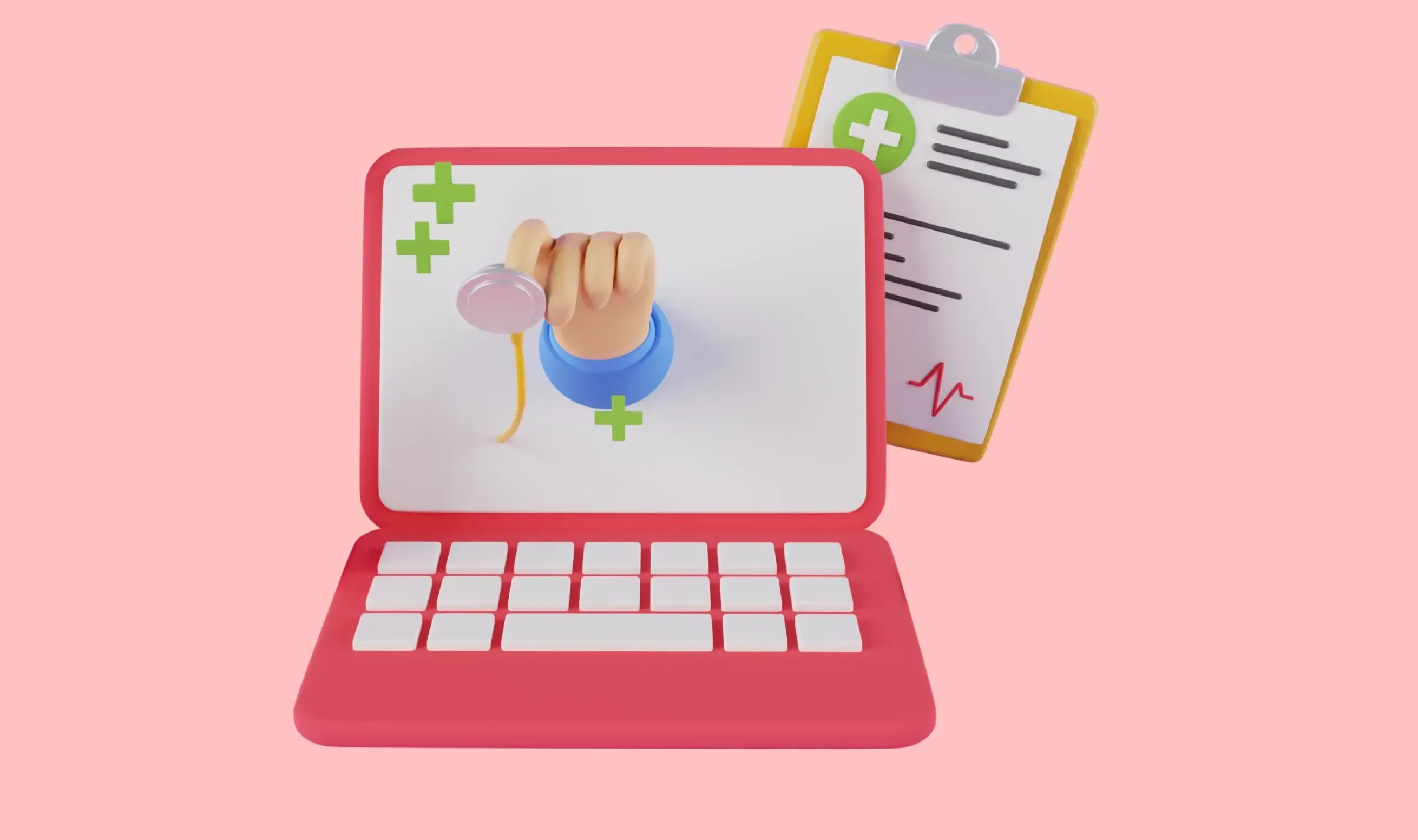
Despite the recent hardships humanity has faced in maintaining a sound state of mind and body amid the challenges thrown our way. It has enlisted in the battle for our well-being, donning the guise of healthcare software solutions , progress hasn’t left us to fend for ourselves. Now staying healthy is not only hip, it’s within reach. With remarkable knack for smoothing out both medical intricacies and administrative hurdles, the quality of services has soared, and the ascent shows no signs of slowing. As healthtech development experts persist in their mission to revolutionize our lives, the trajectory is ever upward.
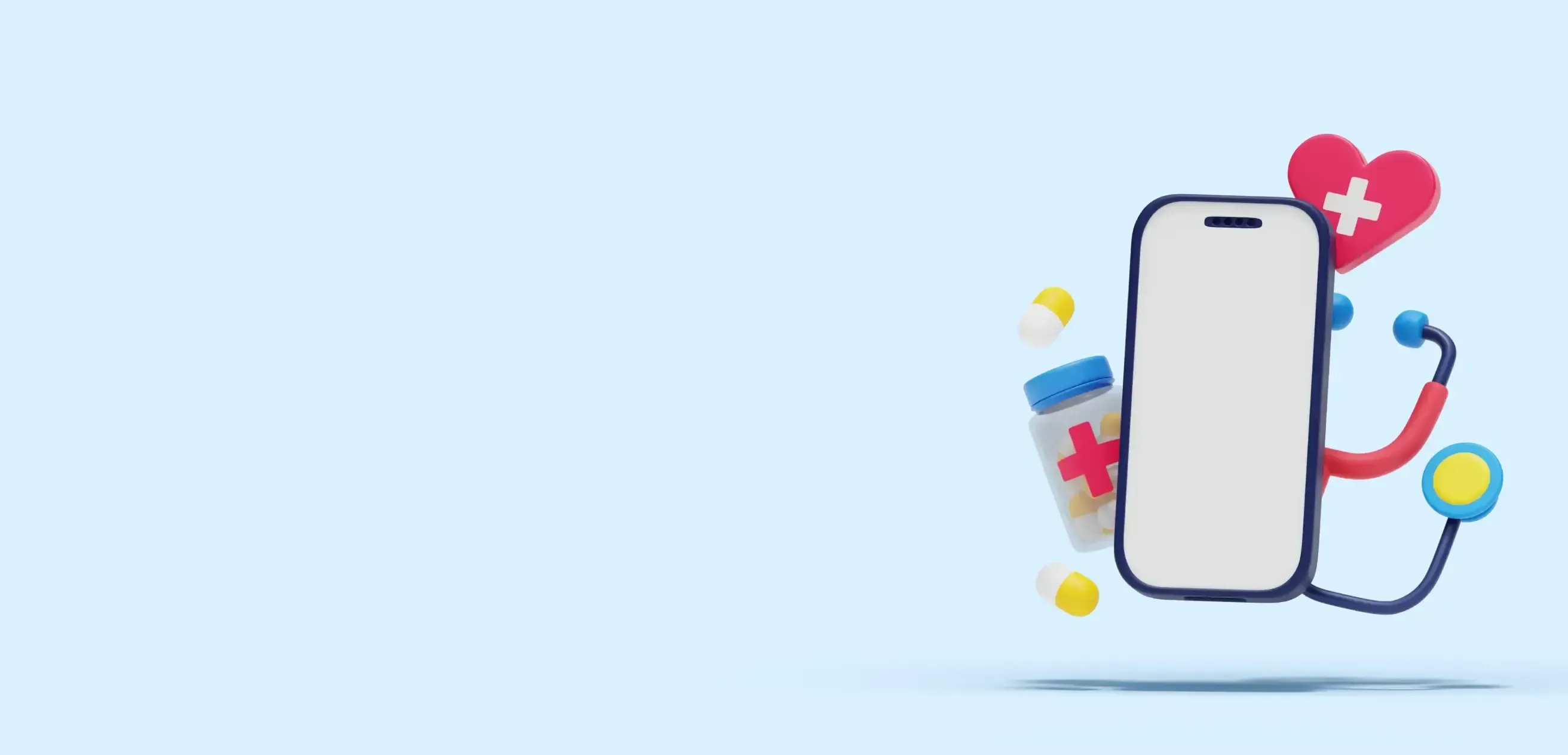
Need a recharge for your medical practice?
MODSEN offers profound expertise in creating high-end technologies for the healthcare industry!
Here at Modsen, we recognize that with greater power comes greater responsibility. The art of choosing the right technology solution and executing timely implementation is a dance that benefits both healthcare providers and patients alike. Delve into the possibilities that medical software development offers today, seeking that tailor-made solution to make a resounding impact. Keep your eyes peeled and your spirits high as you stride forward – best of luck in your endeavors!